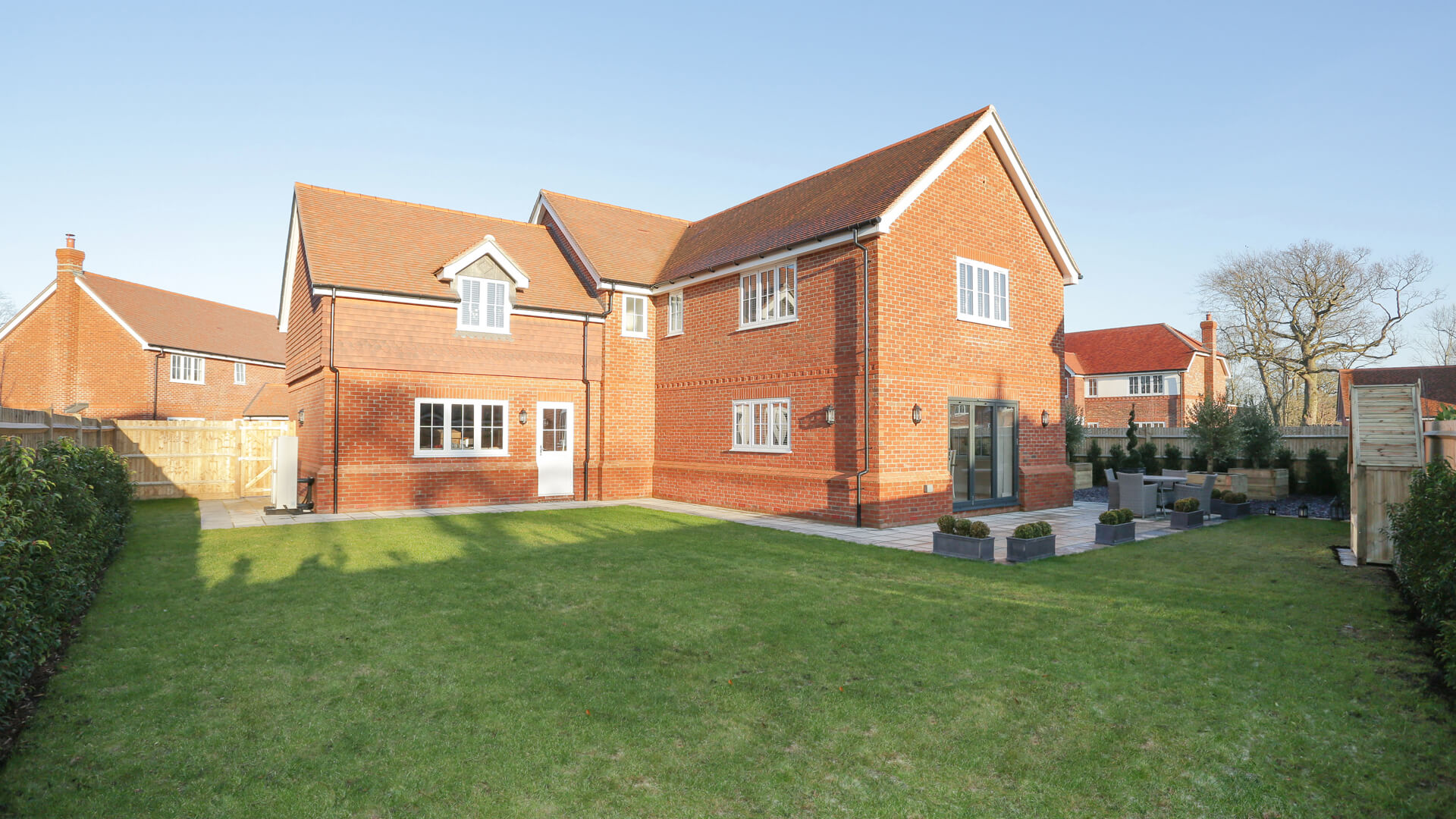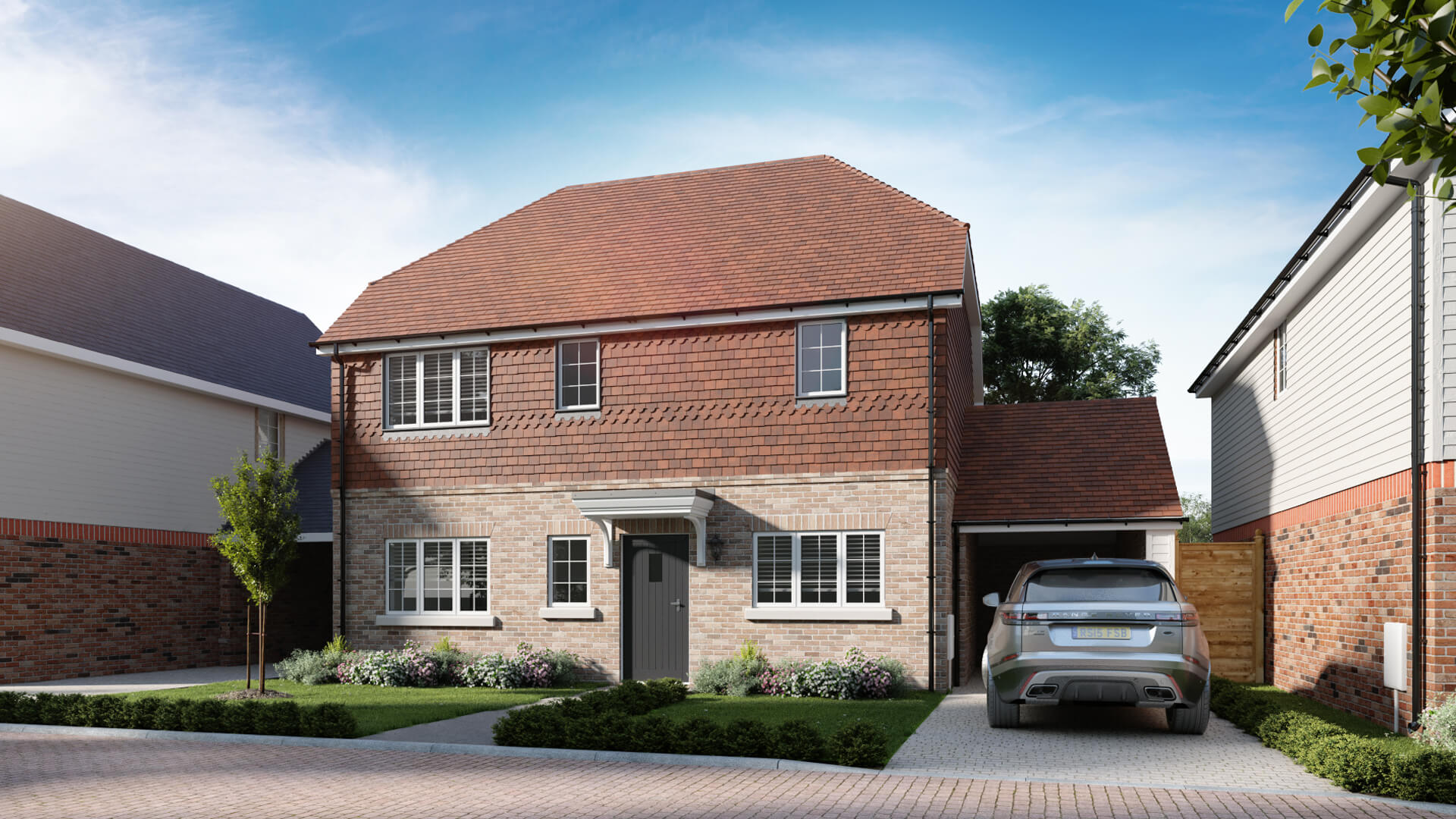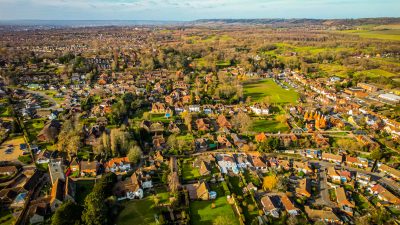A Beginner’s Guide To Mortgages
27-11-2020 Blog
To try to put a complex topic into layman’s terms, a mortgage is simply a loan taken out to buy property or land, which you can get through an Independent Financial Adviser (IFA), mortgage broker or lender.
This simple definition will often leave readers unsatisfied. Everyone knows that mortgages are much less straightforward than that in the real world. With this in mind, this article will act as a good starting point to educate yourself on how mortgages work in the real world, as we go more in depth to see some of the things you can expect at the start of your journey to becoming a property owner.

How Much Can I Borrow?
Before looking to buy a property, you need to know how much your lender will be prepared to loan you and on what terms. Getting at least an indication of what you can borrow is a good place to start before you make an offer. Once you have this number, you can return with details of the specific property you want to buy.
Before making a mortgage offer, your lender will:
- Check your credit file and your credit score to confirm you are financially attractive.
- Perform an affordability test. This is where the lender assesses the amount of money they think you can afford to pay back, to check your financial capacity to take on a mortgage.
- Stress test your finances. This is an analysis designed to determine the ability of how you could deal with a potential economic crisis.
Once you’ve found a mortgage product you like, you can agree it as a ‘Mortgage in Principle’. This tells you how much money the lender is likely to offer and the interest rate you will pay. It is good to have this before you start viewing properties.
The Property In Question
The lender will want details of the property you want to buy. This is because most mortgages are ‘secured’ on the value of the property or land the mortgage has been used to buy. This means that if the borrower fails to make the required mortgage repayments, the bank can repossess the property and sell it to recover the money originally lent. This will commonly involve a mortgage valuation survey, which is designed to give enough information for the lender to decide whether the property is safe to lend on, and up to what amount.
Three things your lender will want to know about the property are:
- Are you buying a freehold (outright ownership of a property and the land it stands on) or leasehold (Ownership of property for a defined term but not of the land it stands on) property?
- Are you buying a property to live in (your prime residence) or to rent out (‘buy-to-let’)?
- Is there anything about the property that could make it risky to provide a mortgage for? E.g. if it is old or has unusual construction.
The Importance Of Loan To Value
For most lenders the maximum mortgage they will provide is 95% of the property’s value – or 95% ‘loan-to-value’ (LTV). Since lenders tend not to provide 100% LTV mortgages, there is usually a need to use other funds to supplement the mortgage in order to meet the agreed price for purchasing the property. For first-time buyers these could come from a Help-to-Buy equity loan/ISA, a Lifetime ISA, or the bank of Mum and Dad!
Help to Buy is a current government equity loan scheme running until 2023 which can help first time home buyers purchase a new build property with just a 5% deposit. As long as the purchase price no more than £600,000, you can borrow up to 20% of the purchase price interest-free for the first five years if you have at least a 5% deposit.
80% of customers have currently reserved our Ivy Court development through the Help to Buy scheme. We are looking forward to providing more homes with the help to Help to Buy soon.

Repaying Mortgages
The first major choice to be made about a mortgage is how to repay it. The options are a ‘repayment’ mortgage or an ‘interest-only’ mortgage.
- With a repayment mortgage, the capital or principal sum (the original amount of debt) is paid off in stages throughout the life of the loan. The effect of this is that the amount of the principal sum repaid accelerates over the term of the mortgage – initially the majority of annual mortgage costs are made up of interest payments, and then towards the end of the mortgage term these costs are mainly repayments of the principal sum.
- With an interest-only mortgage, the principal sum outstanding is unchanged throughout the life of the loan and only interest payments are made to the lender until the end of the loan period. At the end of the period the borrower must have the means to repay the lender the principal sum (the amount outstanding). With interest-only mortgages, repayment of the principal is typically achieved by putting money into a savings or an investment scheme throughout the life of the mortgage. These are riskier, so less lenders offer this type nowadays.
Mortgage Rates
The next question to ask yourself is if you want a fixed-rate, variable rate or tracker variable rate mortgage:
- Fixed-rate mortgages – the mortgage rate on these products remain unchanged during the term of the fixed rate, regardless of any changes in the interest rate, such as the Bank of England Base Rate.
- Standard Variable Rate mortgage – the mortgage rate is set at the discretion of the lender. It will move up and down periodically, usually when the Bank of England moves its Base Rate.
- Tracker variable rate mortgage – the mortgage rate is contractually linked to a major interest rate, usually the Bank of England’s Base Rate. For example, the Tracker Rate could be Base Rate plus 1%. So, when Base Rate moves up and down, the Tracker Rate moves by the same amount.
Types Of Mortgage
There are several types of mortgage which you can apply for, including:
- Discounted rate mortgage (AKA low start mortgages) – Your interest rate and repayments start at a special low rate. The interest rate then goes up to the lender’s full rate – called its standard variable rate (SVR) – so you need to make sure you will be able to afford the increased payments if you choose this option.
- Offset mortgages – If you have surplus cash – for example, in your current account or your savings account – you can move that to the mortgage lender, and it’s deducted from the amount you owe on your mortgage before the monthly mortgage interest is worked out.
- Variable rate mortgage – you can choose to vary your monthly payments and sometimes borrow back money you have already paid off.
- Portable mortgages – if you sell up and move to a new property that you are buying you can take your existing mortgage with you to help finance your new purchase.

Managing Mortgages – Overpaying
If you are in a financially strong position (or have just won the lottery!), you can decide to overpay on your mortgage by paying more towards your mortgage than the amount set by your lender.
It comes down to a comparison between the mortgage rate and interest rate you could get if, instead of overpaying, you placed the money into a savings account. If the mortgage rate is higher than what you can get on a savings product the answer appears to be a no brainer: pay down the mortgage rather than save the money.
Something to keep in mind is the terms of your lender. If you pay your mortgage back too quickly you can incur penalties from the Terms & Conditions of the mortgage. This is because when you repay quicker, the banks get less of their beloved interest, so they will often set rules to ensure they get a certain amount of interest from you.
Moving To A New Deal
Around 40% of mortgage transactions relate to people re-mortgaging their existing property without moving home at the same time. Moving home is very likely to trigger a new mortgage deal as well – certainly when the existing mortgage is not portable from one property to another.
In a period of falling interest rates, prepaying a fixed-rate mortgage and moving to one with a lower rate can make sound financial sense. Just be cautious if you want to do this, as interest rates can always rise again.
Other Costs Of Buying A Property
It is not just about getting the mortgage and being able to pay it. There are several costs that you will additionally incur as you take ownership of your new home, which may include but is not exclusive to:
- Mortgage arrangement fee.
- Deposit (in the case of new builds, a reservation deposit also)
- Legal costs including local searches and Land Registry fee.
- Stamp Duty Land Tax.
- Removal costs.
- Mortgage broker fees.
- Bills.
Some costs arising from getting a mortgage can, subject to the lender’s approval, be added to the mortgage. However, the other costs will need to be met upfront. If you wish to find out more about the other costs involved with moving houses, read our blog here where we go into this subject in more depth!

To Conclude
Mortgages are about understanding and managing the risks. The future is uncertain, for both interest rates and your personal life. This, on top of the operating costs of owning the home, makes applying for a mortgage a huge life decision, one which needs a lot of thought and consideration, as well as expert advice from mortgage brokers.
The road to getting a mortgage approved is a long and challenging one, but just remember you’ll have a beautiful new home waiting at the finish line.
Got any questions or feedback on the blog? Or maybe a topic you would like to be covered in a future blog? Email cameron.hagan@clarendonhomes.co.uk today, I would love to hear from you!


